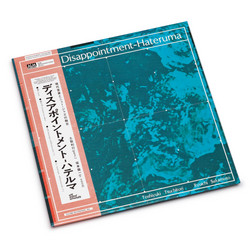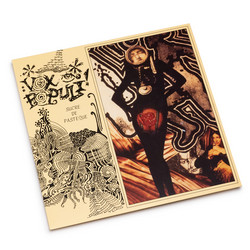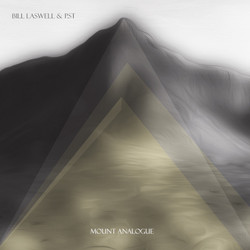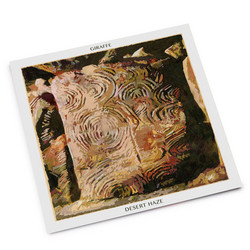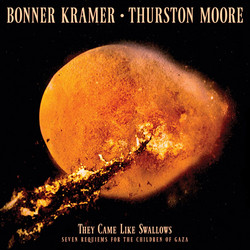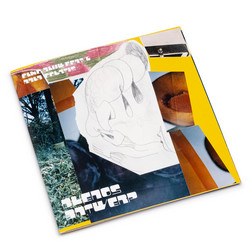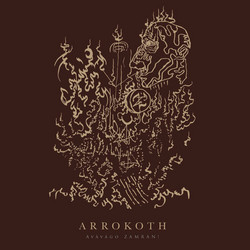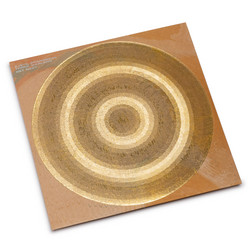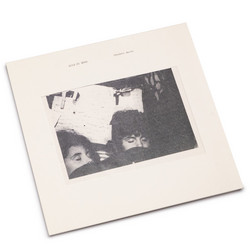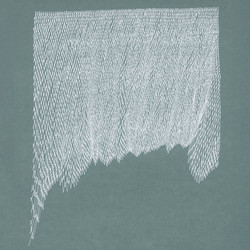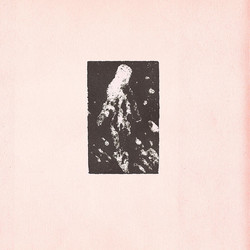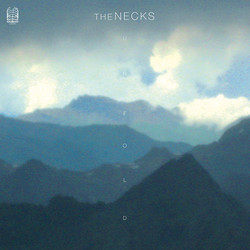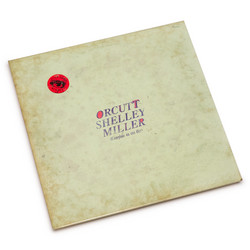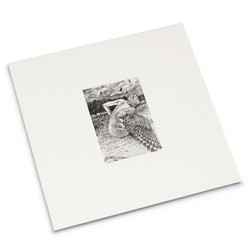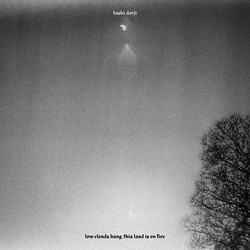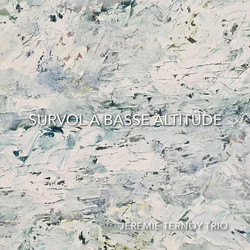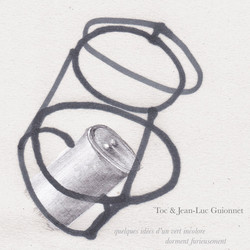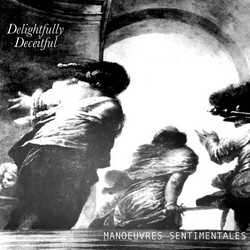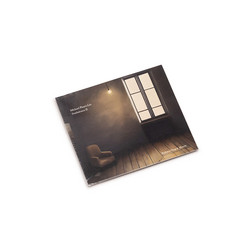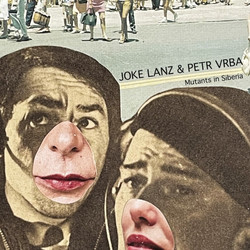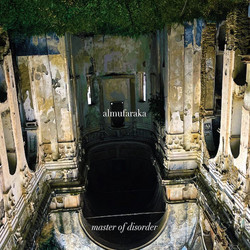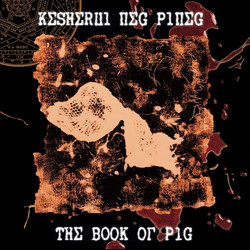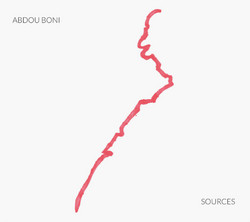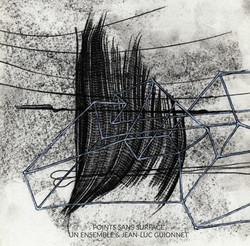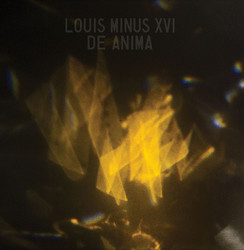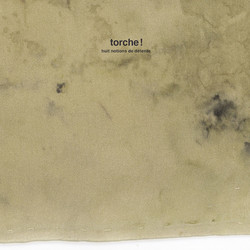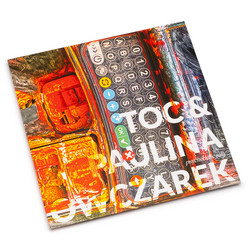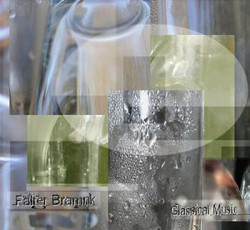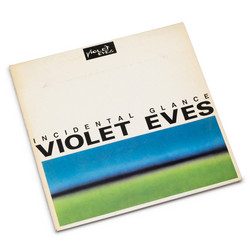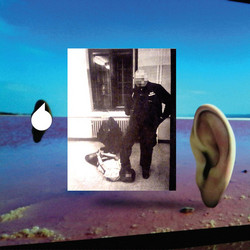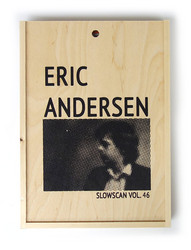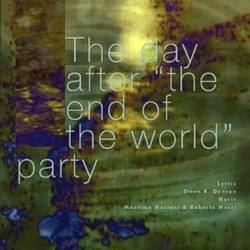Dead Dead Gang is a musical piece composed by drummer Peter Orins, inspired by the 2016 novel Jerusalem by British writer Alan Moore. The music is forged during a residency in 2022 with the Muzzix collective at La Malterie in Lille, and is nourished by the proposals and initiatives of Barbara Dang (piano), Maryline Pruvost (voice and Indian harmonium) and Gordon Pym (electronics and amplified objects).
A true world-story, disproportionate and monumental in size and time, Alan Moore’s novel is an experience in itself: of the geographical space (we focus on a city, a precise place, examined from all points of view – macro and micro), of the temporal dimension (we cross more than 2000 years of history which are superimposed and entangled), and finally of this space-time relationship which ends up transforming the city into the sum of all the cities it has been since its foundation, and which does not forget all the human stories which compose it.
The name of the project comes from the Dead Dead Gang that we follow in the novel, a group of ghost children who cross the layers of time of the city. This is obviously not a literal transcription of the work into music. However, the book itself is rich in sound universes and in diversity of languages and poetic influences, and the presence of superimposed times, images and ghostly presences have never ceased to fascinate the drummer and have entered into resonance with the composer’s creative stakes. He thus imagined a musical construction where texts, playing instructions and temporal and geographical superpositions directly from the novel are mixed.
Open writing, therefore, inspired by minimalism but also by the numerous sacred or popular musical references of the book, where melodic writing, textual basis of various instructions, harmony and rhythm are mixed, the whole with a very great freedom of interpretation highlighted by the personalities of each musician. The music, ethereal and stretched, cultivates the sound and formal ambiguity: songs, noises, strange and ghostly harmonies, dissolution or exacerbation of rhythm and silence, slowness and obsession.
